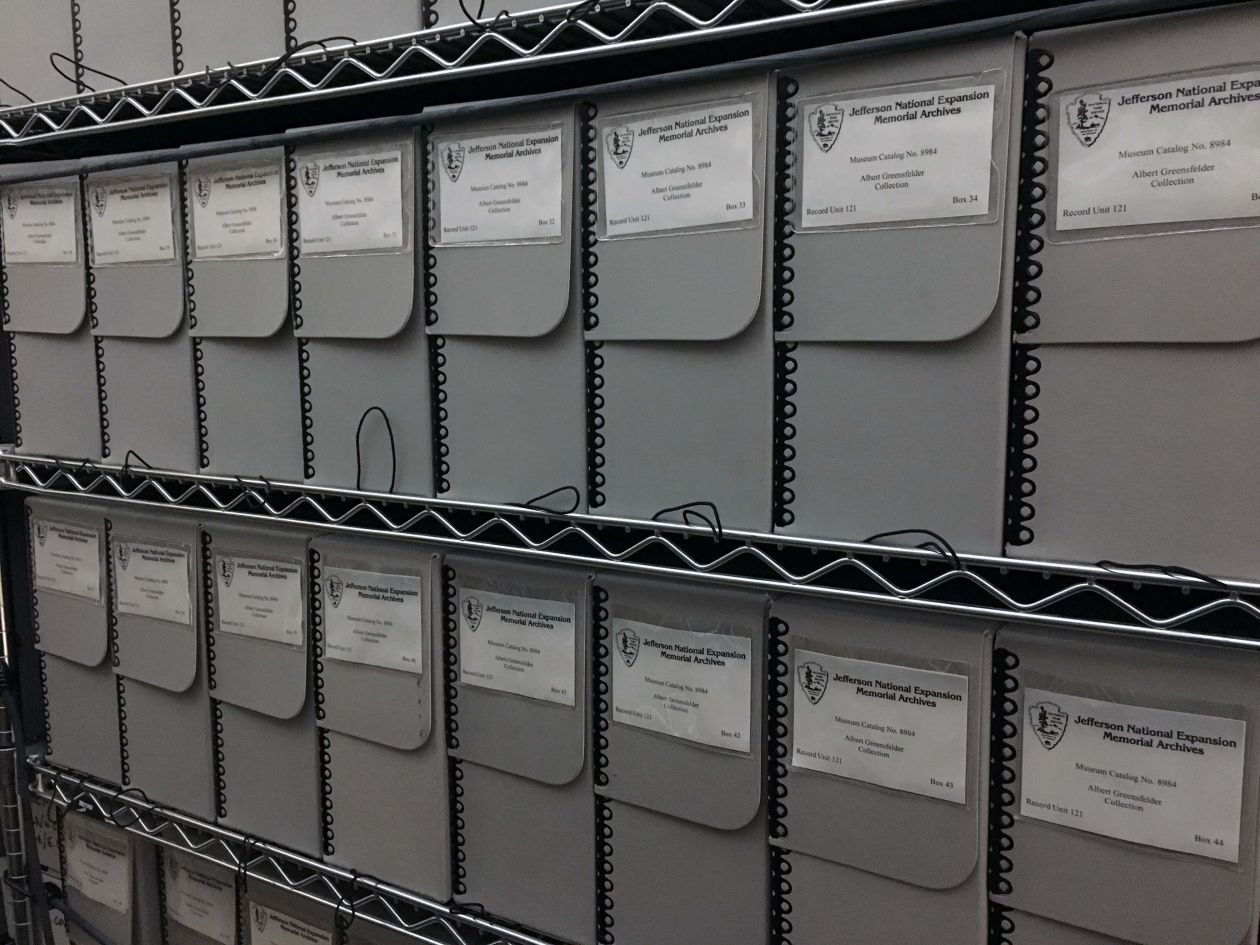
Do you enjoy working in archives? Maybe you’ve never been to an archives. Perhaps you’re thinking of doing one of the History Department’s archives internships or considering a career in archives/museums/libraries. Archival research remains central to the discipline of history. And yet, how often do you stop to think critically about the archive itself? This course is an introduction to the history, politics, and experience of archives.
The first half of this seminar course looks at the history and theory of archives. What is an archive, a brick-and-mortar building or a metaphor for memory? When were modern archives first established and for what purpose? Are they a neutral repository of a society’s documentary record or a gatekeeping institution of state power? Do archival records provide truthful and transparent access to the past? If not, what strategies do we use to interpret archival documents?
The second half of the of the course explores the politics of the archive. What roles have archives played in the histories of nationalism and colonialism? How has archival knowledge been mobilized to bolster social-political movements, from Indigenous rights and decolonization to the demand for greater public control over archives in both liberal democracies and dictatorships? What is the challenge now posed by the digital archive and the array of community-based archives that preserve once-neglected histories of race and ethnicity, gender and sexuality?
There will also be an emphasis on the experience of the archives. We will read about how historians have characterized their time in archives, but the course will also provide you with your own hands-on experience of working in archives. There will be field trips to the storage vaults and preservation labs of the Queen’s University Archives, the Jordan Rare Books and Special Collections, and the Agnes Etherington Art Centre. These trips are linked to the written assignments in the course.
The course is open to all history students who can take upper-level seminars, and it is strongly recommended for those doing archival/museum/community-based internships.
